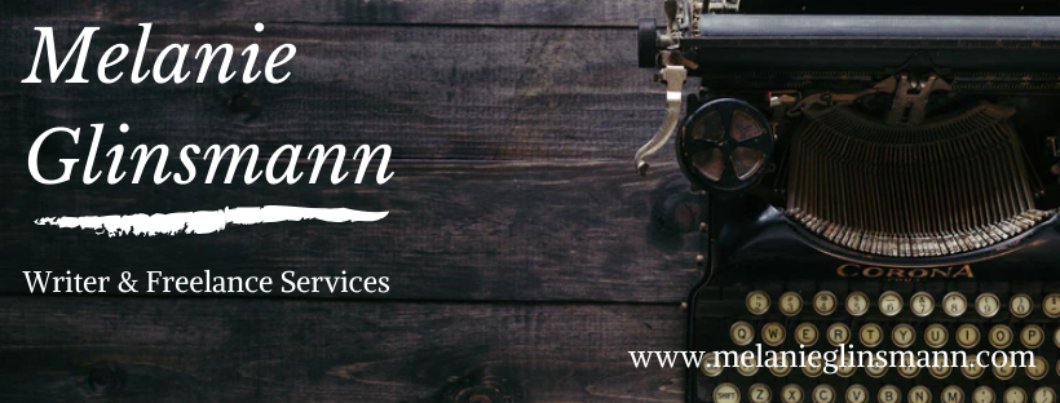I’m back from vacation and playing catch up on writing projects. But my time away from the keyboard helped me relax and refocus.As busy as we all are, it’s nice to step away once in a while and enjoy some place other than a cubicle.

As i planned my vacation , I started thinking about how certain places influence people’s experiences. I spent part of my childhood growing up in southern Colorado, and my grandparents lived just north of Denver. Needless to say, I have spent a lot of time exploring the wonders of this beautiful state


As I thought about my favorite places in Colorado, I realized how much these locations have influenced my writing over the years. My current work-in-progress is actually set in Denver, and there are references to specific places in and around the Denver metro. My childhood experiences are now providing great options for settings in my fictional worlds.
When it comes to writing, setting can play a significant role in the outcomes of a story. An author’s choice of setting provides characters with a variety of experiences they would not necessarily have in other settings. For those authors who choose to emphasize setting, time and place become much more than simple narrative elements.
I asked members of a writing group I am associated with about how they view setting in a story.
Angela Ford (author of The Five Warriors – The Four Worlds series Book 1)
“My stories take place in a galaxy far, far way. However, I like to mirror places that inspire me, particularly the outdoors and the beauty of nature… I spent a week in Tucson, Arizona working on my first book and discovered the beauty of the desert. Those descriptions made it into my novel.”
Charles S. Arenson
“Part of my worlds have intersection with a real place that caught my attention as magical. It was a tree in a road next to a near ghost town in Indiana.”
In both cases, these writers used their personal experiences in unique locations to create the setting in their novels. Although the setting in their work is fictional, these locations haves roots in a real place the writer had been.
In upcoming posts, I will look at how personal experiences in a specific place impact a writer’s choices of setting. I will look at how some well-known writers utilized their personal experiences in their fiction. I also have an interview with a fellow Lincoln writer who recently published her third novel.
In the meantime, how do you utilize your personal experiences in creating fictional setting in your writing? Have there been any places you’ve visited that made their way into a story?
Reignite your creativity!

Subscribe to get new content, monthly newsletter, and important updates. You'll also receive a free download - "30 Days of Creative Inspiration."

